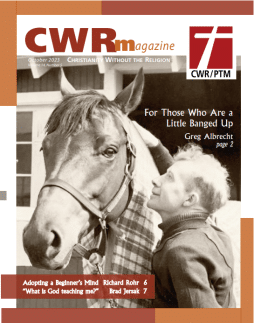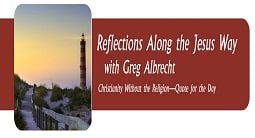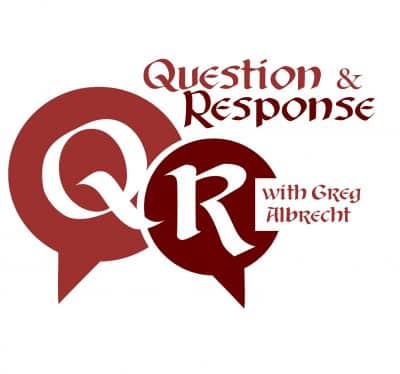Injured Expectations – Felicia Murrell
Expectations lead to performance and control. Paul Young, author of The Shack, says it best, “Expectations are one of the dominant ways in which we attempt to control life, relationships and God. Expectations are largely disappointments waiting to happen. Expectations are all about doing…about performance.”
At the root of that diatribe of the heart lies an injured expectation that I did this for God so I expect Him to do that. Tit for tat. This is a transactional relationship based on conditions. You do for me. I’ll do for you.
Too often we project this transactional way of life onto God–full of expectations. I gave myself to your rules, to your service, now you give me my heart’s desire. Only, when God doesn’t respond the way we think He should, we end up mad, bitter, offended and angry at God. Determining in our hearts that He’s untrustworthy or we bury our true feelings under a whole bunch of verbose Christianese while we live in an absence of peace – discontent and discouraged.
When hope fades, it’s because we are believing a lie or because we’ve placed our hope in an object, not the Source. He is the God of hope who fills us with ALL joy and peace in believing (Romans 15:13). If there is no peace or joy, it’s highly likely we have misplaced our hope from its Source onto an object.
Am I doing good because I expect to be rewarded for my performance? Am I doing this because I want something in return? Often, we say no with our mouths, but at the root of our motivation to do good, the answer is yes, we do. I do good. You do good by me. Conditional. Transactional.
Is it wrong to expect good while doing good? Should we not have any expectations? I think the more valid question would be, what is motivating my doing good? Is it love or the expectation of reward? Am I choosing to do good because it’s the right thing to do, the good thing? Did I make this choice based on the fruit of the knowledge of the tree of good and evil or the tree of life?
Every choice from the tree of life is rooted in love, motivated by love. Every choice made from the tree of the knowledge of good and evil takes a side. I’m choosing to do something based on judgment, whether it’s right or wrong and often I have equated my being blessed or favored to my choosing the right thing (the good thing).
Most diatribes of disillusionment are full of I statements which reflect self-righteousness and self-effort. Steeped in performance theology, we believe we have to perform for love, perform for acceptance, perform for rewards. We have learned to live conditionally or transactionally which eliminates the need to live relationally. Sadly, many adults today are still living by rules, conditions and transactions in lieu of relationship – with God and with one another.
When our choices are rooted in the tree of the knowledge of good and evil, our inside world feels the fruit of those choices. If the outcome is good, we’re happy. If the outcome is not what we expected, we live in the discontentment of negative emotions. Being swayed to and fro based on the outcome of what we expected to happen, coming to ill-formed conclusions such as, “God is evil. God can’t be trusted.” Up and down in our emotions like a roller coaster ride. On and on, our negative emotions swirl and roar within us.












 Plain Truth Ministries | Box 300 | Pasadena, CA 91129-0300
Plain Truth Ministries | Box 300 | Pasadena, CA 91129-0300

